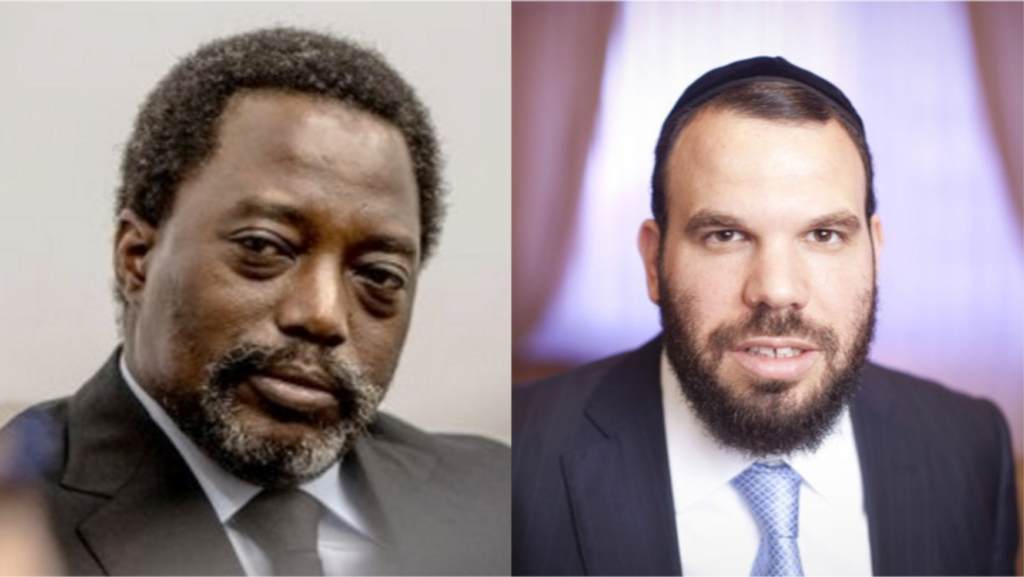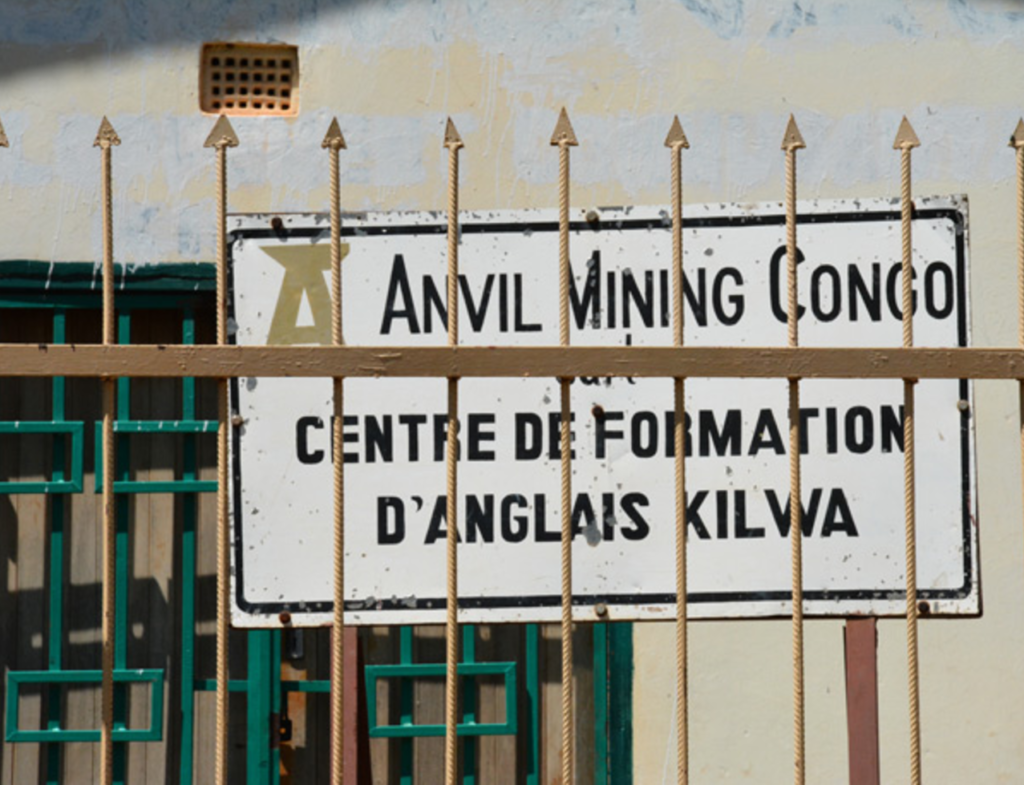International policy makers are meeting in Europe and Washington, D.C. this week to consider the deteriorating economic and political situation in the Democratic Republic of Congo. They will need to confront a stark truth: the growing evidence linking President Joseph Kabila, his family and close associates to bribery and corruption.
Category Archives: Uncategorized
The United States and European Union should expand targeted sanctions on President Joseph Kabila’s family members and financial associates benefiting from unlawful activity in the Democratic Republic of Congo, seven international and Congolese human rights organizations said today. The sanctions should target those involved in serious corruption, misuse of government funds, money laundering, or fraud in order to quash peaceful dissent, improperly delay elections, or otherwise maintain Kabila’s rule beyond the constitution’s two-term limit.
The African Commission on Human and Peoples’ Rights has found the government of the Democratic Republic of Congo responsible for the 2004 massacre of over 70 people in Kilwa, in the southeast of the country, and granted landmark compensation of US $4.36 million to the victims and their families, three human rights groups who initiated the complaint said today.
The Tanzanian government and investors should ensure Acacia Mining urgently addresses the human rights violations at the North Mara gold mine, including providing compensation to victims, as part of the current negotiations about the company’s operations in Tanzania, Rights and Accountability in Development (RAID) said today. RAID released a new video detailing the stories of some of the victims in stark detail.
Patricia Feeney, RAID’s outgoing director, is retiring after 18 years during which she earned RAID the reputation as a small and highly effective organization spearheading efforts in the field of business and human rights. She will be replaced by Van Woudenberg, who was previously deputy Africa director at Human Rights Watch.“
Private security company G4S allowed commercial considerations to take priority over human rights and corporate social responsibility commitments at Manus Island Detention Centre in Papua New Guinea, Patricia Feeney, RAID’s outgoing Executive Director, said at the United Nations in Geneva today.
A new report by RAID ‘Bribery in its purest form’: Och-Ziff, asset laundering and the London connection (released 5 January 2017) sets out the repeated failure of the UK regulatory authorities over a 10-year period to take action to prevent assets acquired through corrupt means being traded on the London markets.
Acacia’s Response to Globe and Mail Article raises more questions than it answers about human rights violations at the North Mara mine in Tanzania.[1] RAID and MiningWatch Canada note that Barrick has also responded to the newspaper article, recognising that violence at North Mara (‘there have been confrontations with police resulting in deaths’) is a matter of concern for Barrick as a majority shareholder in an affiliated mine.
For the first time the Tanzanian Government has acknowledged the scale of violence surrounding the North Mara Gold Mine, say MiningWatch Canada and the British NGO Rights and Accountability in Development (RAID) in their most recent field assessment, Adding Insult to Injury at the North Mara Mine (released today).
RAID and MiningWatch Canada have engaged in extensive exchanges with Acacia Mining over the past two years about security and human rights concerns at the North Mara Gold Mine. Our organisations have been critical of the continuing high level of violence at the mine site and the lack of a transparent and effective remedy programme.




